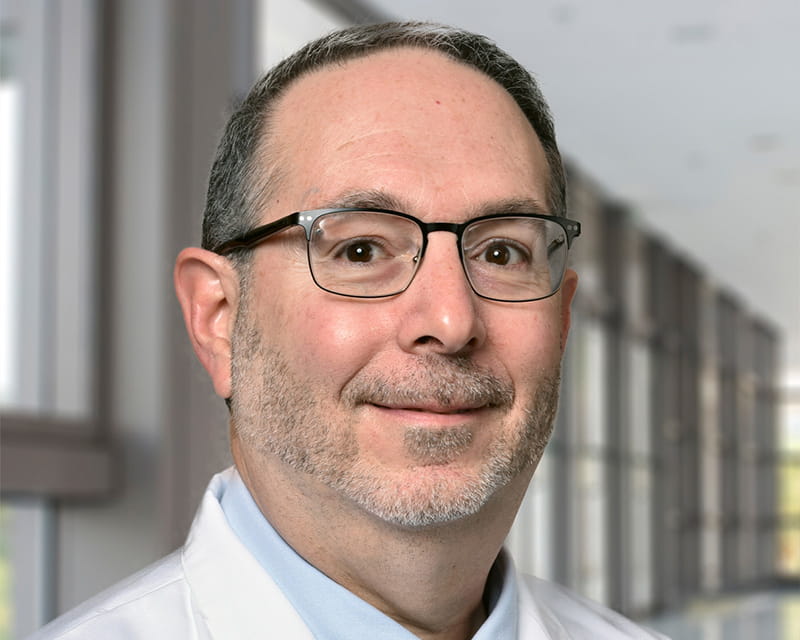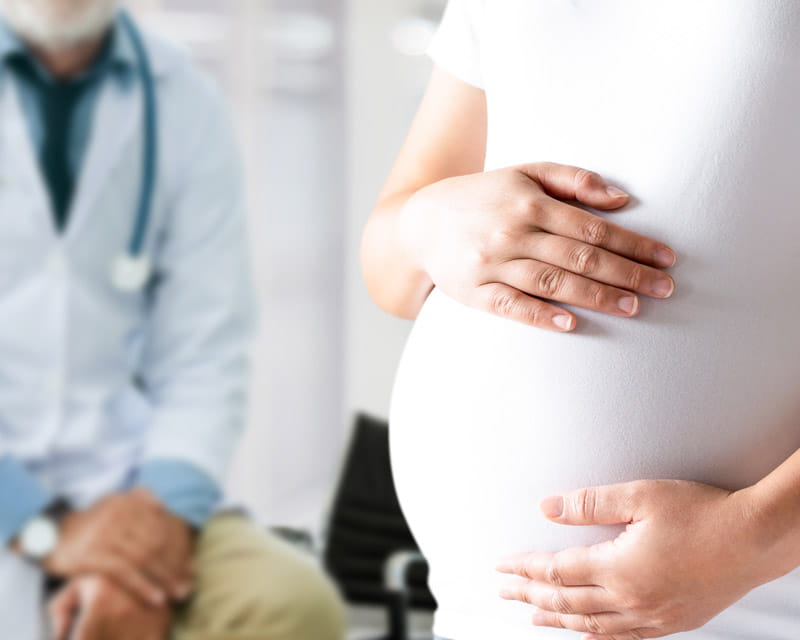
First drugs ever approved for lupus nephritis
 Nephrologists and maternal-fetal medicine physicians at The Ohio State University Wexner Medical Center have launched a dedicated clinic for women with kidney disease who are pregnant or want to become pregnant.
Nephrologists and maternal-fetal medicine physicians at The Ohio State University Wexner Medical Center have launched a dedicated clinic for women with kidney disease who are pregnant or want to become pregnant.
The clinic, which opened in fall 2019, is one of the few programs of its kind in North America. It offers certain patients who have historically been advised to avoid pregnancy a chance to safely conceive and deliver babies.
For women with chronic kidney disease or an autoimmune disorder like lupus, the risks of pregnancy — including preeclampsia and preterm labor — have not changed. But during the last decade, more options have become available for these high-risk patients who want to become mothers.
“During the last five to 10 years, we’ve seen more evidence showing that women with kidney disease can get pregnant if they’re closely supervised by experts,” says Ohio State nephrologist Salem Almaani, MBBS, who leads the new clinic alongside nephrologist Isabelle Ayoub, MD, and maternal-fetal medicine specialist Heather Frey, MD, both of whom are assistant professors – clinical at the College of Medicine. “Simultaneously, the number of doctors trained to care for kidney disease during pregnancy is starting to grow. And new treatments for autoimmune disorders, which are more common in women, make it easier to control disease activity.”
Dr. Almaani, who completed a year of fellowship training in pregnancy and kidney disease at the University of Toronto, notes that with careful management, even transplant patients and women on dialysis can achieve healthy pregnancies.
Ohio State’s clinic offers a full range of services designed to help women plan for the safest possible pregnancy and delivery while maintaining kidney function. Patients are counseled on their options based on their level of kidney dysfunction, their degree of blood pressure control and the type of disease they have.
“Ideally, we see patients prior to getting pregnant so that we can optimize their treatment regimen and make sure their disease is not active when they conceive,” Dr. Almaani, an assistant professor – clinical at the College of Medicine, says. “We follow them closely throughout pregnancy to safely manage flares and make sure their baby is healthy. And we provide immediate postpartum monitoring to make sure their kidney disease doesn’t accelerate after birth.”
In addition to providing clinical care, Dr. Almaani and his colleagues plan to conduct research associated with the clinic.
“We want to help contribute to the small but growing body of literature related to this patient population,” Dr. Almaani says. “For example, there is some data that shows that urine markers can predict whether otherwise healthy pregnant women will develop preeclampsia, but these markers have not been validated in patients with kidney disease.”
Even though the clinic is new, Dr. Almaani anticipates that their volume will build quickly, especially because Ohio State is home to a nationally renowned lupus clinic and a multidisciplinary vasculitis clinic. Both programs care for a significant number of people whose kidneys are affected by their autoimmune disease — including women of childbearing age who will now have access to the pregnancy and kidney disease clinic.
Dr. Almaani adds that he and his maternal-fetal medicine colleagues are available to co-manage pregnant kidney disease patients referred by other providers.
“Most women with kidney disease already have a primary nephrologist, but not every nephrologist is trained to care for their patients during pregnancy,” he says. “We can help provide counseling or management through delivery, at which point patients resume treatment with their regular nephrologist.”
For more information about Ohio State’s pregnancy and kidney disease clinic, contact Dr. Almaani at Salem.Almaani@osumc.edu.